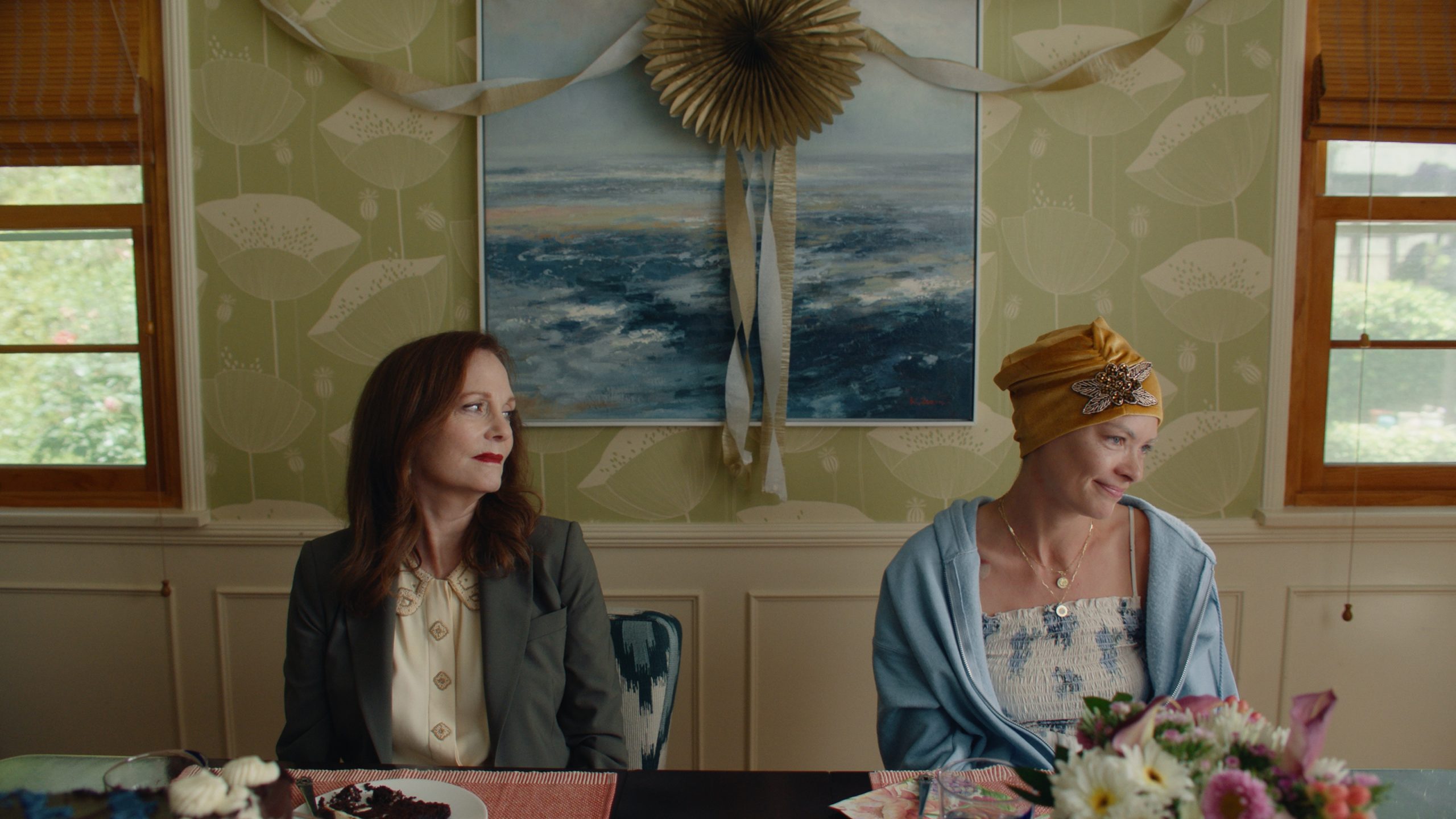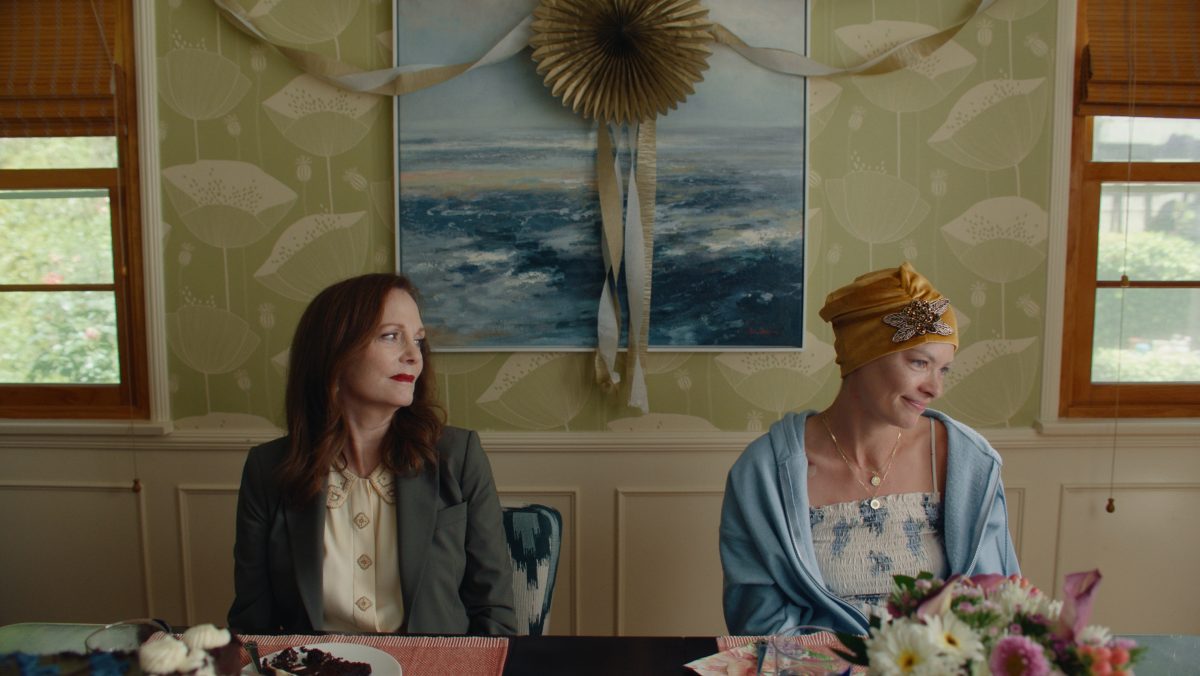
A First of Its Kind Story
Love, Danielle is the first scripted feature film to explore what it means to live with a BRCA gene mutation before a cancer diagnosis — a reality that affects more people than many realize. With an estimated 1 in 200–400 people worldwide carrying a BRCA mutation, the film shines a light on the experience of “previvors”: those living with genetic risk but not yet diagnosed. It’s a subject rarely depicted in media, and one that demands both care and authenticity. Director and star Devin Sidell, who is herself BRCA1-positive, brings a rare personal truth to the project, making this not just a film but an act of courage and awareness.
Devin Sidell’s Courage and Vulnerability
Sidell’s performance as Danielle is nothing short of extraordinary. This isn’t a case of an actor simply inhabiting a role — she lives it. In real life, Sidell has endured preventative surgeries and witnessed family members battle breast and ovarian cancer. Her decision to include raw personal footage in the credits, revealing her scars and expanders, takes vulnerability to a level rarely seen in feature films. It’s a gift to audiences: honest, unflinching, and deeply human.
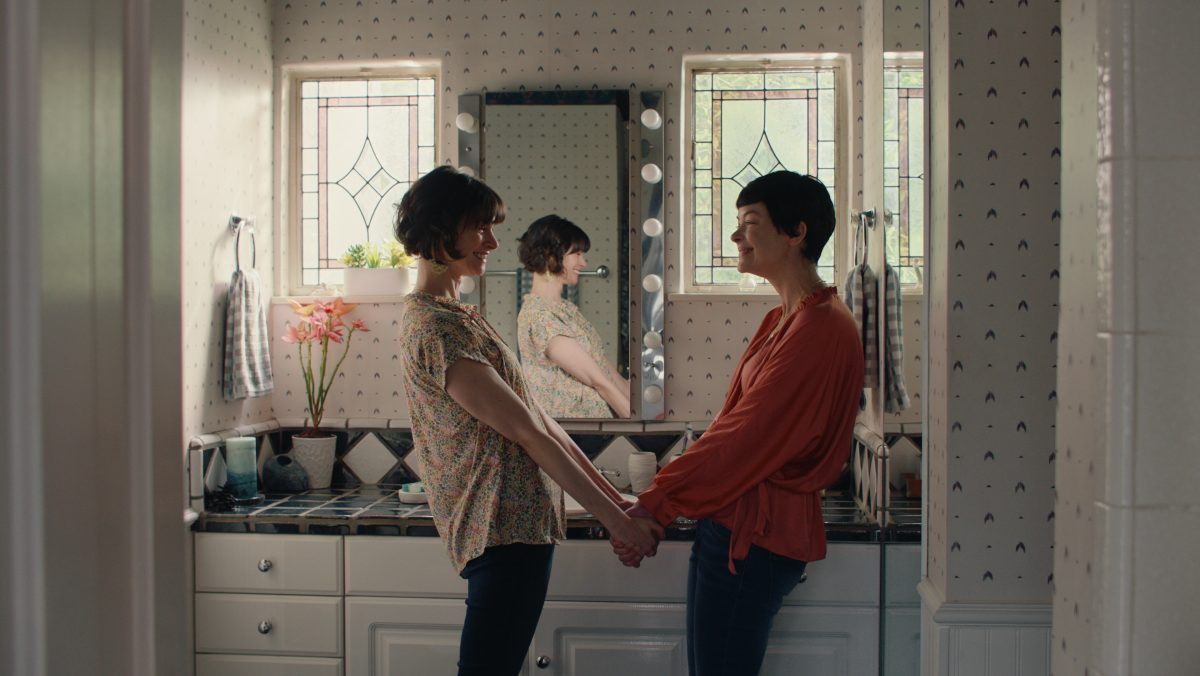
Performances That Shine Beyond Expectation
While Sidell anchors the film with heart and authenticity, the ensemble cast brings richness and surprise. Lesley Ann Warren and Jaime King deliver strong supporting turns, while Michael Roark and Barry Bostwick add nuance to family and relational dynamics. Perhaps most striking is Raymond Cruz, who breaks away from the tough-guy archetypes he’s often known for to deliver a layered, emotional performance that broadens his range. The lack of cliché characters gives the film a refreshing authenticity; every role feels lived-in rather than scripted.
Writing, Tone, and Characters That Resonate
The writing is one of the film’s greatest assets. It avoids melodrama and instead crafts characters and conversations that feel organic and recognizable. Difficult topics — medical decisions, family tensions, questions of identity — are handled with honesty and subtlety. The film finds a rhythm that balances emotional intensity with moments of humor and tenderness, allowing audiences to breathe even as they absorb weighty subject matter. The pacing is tight, the runtime works in its favor, and by the end, you feel as though you’ve spent time with real people navigating extraordinary circumstances.
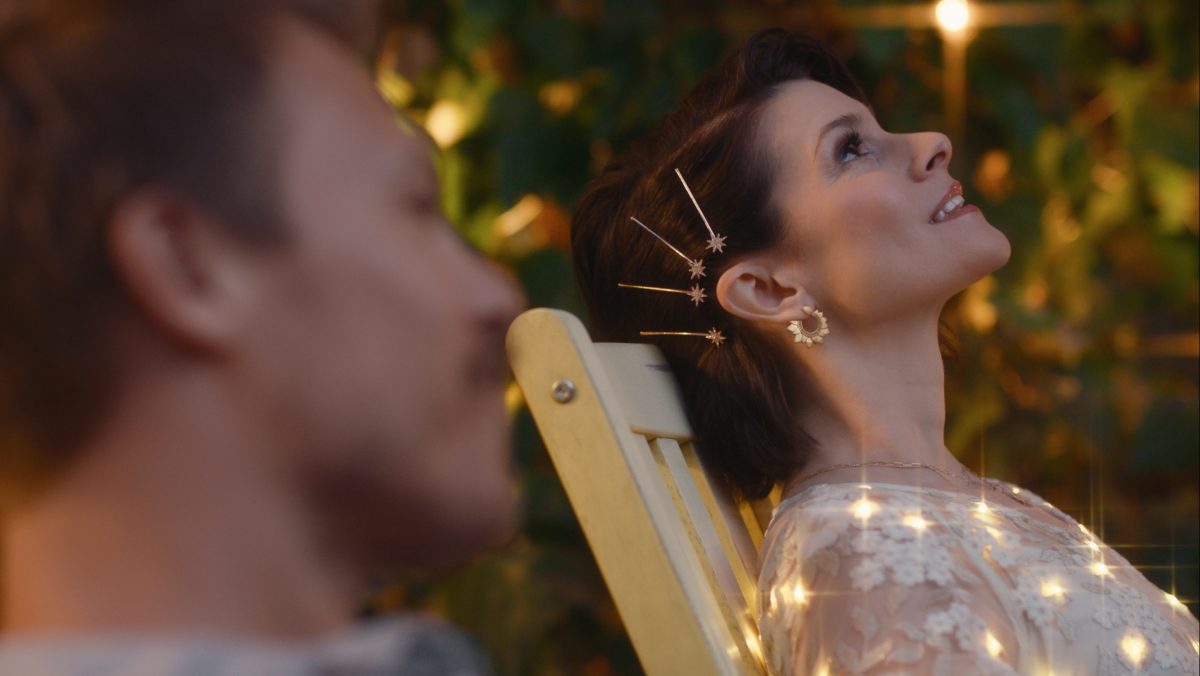
Breaking Silence Through Representation
What makes Love, Danielle stand out is its ability to educate without preaching. The subject of BRCA mutations, preventative surgeries, and “previvorship” could easily have been turned into a medical lecture. Instead, the film weaves awareness into the narrative seamlessly. You leave not only moved by Danielle’s journey but also more informed about a subject that affects thousands. It’s a film that invites curiosity and empathy, sparking conversations without ever feeling like homework.
A Story for Everyone
While the core demographic may seem like women and families directly affected by BRCA, Love, Danielle is universal. Its themes — family, resilience, choice, vulnerability — cut across gender and background. Anyone who has faced hard decisions, grappled with legacy, or struggled with identity will find something to connect with. That accessibility makes the film even more powerful: it’s not just about cancer risk, but about what it means to live with uncertainty and still choose life, love, and courage.
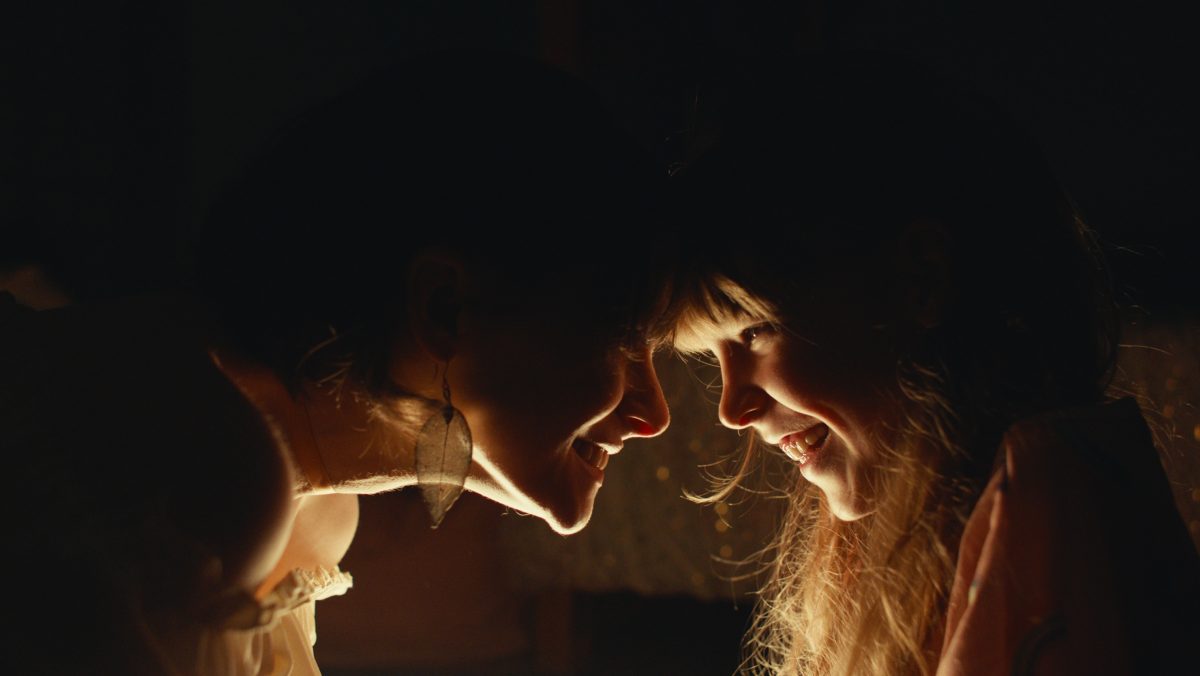
Final Verdict: Moving, Honest, and Necessary
Love, Danielle succeeds on every level — as a story, as a performance piece, and as a cultural milestone. It educates, entertains, and moves you in equal measure. Devin Sidell’s vulnerability anchors the film, while the ensemble cast enriches it with nuance and heart. With its sharp writing, lack of clichés, and willingness to tackle difficult conversations with honesty, it’s a film that feels both intimate and expansive. More than anything, it proves that telling stories of “previvors” is not only necessary but overdue.
Editor-in-Chief | Owner
I’m a dedicated aficionado of all things movies, pop culture, and entertainment. With a passion for storytelling and a love for the silver screen, I’m constantly immersed in the world of cinema, exploring new releases, classics, and hidden gems alike. As a fervent advocate for the power of film to inspire, entertain, and provoke thought, I enjoy sharing my insights, reviews, and recommendations with fellow enthusiasts.

